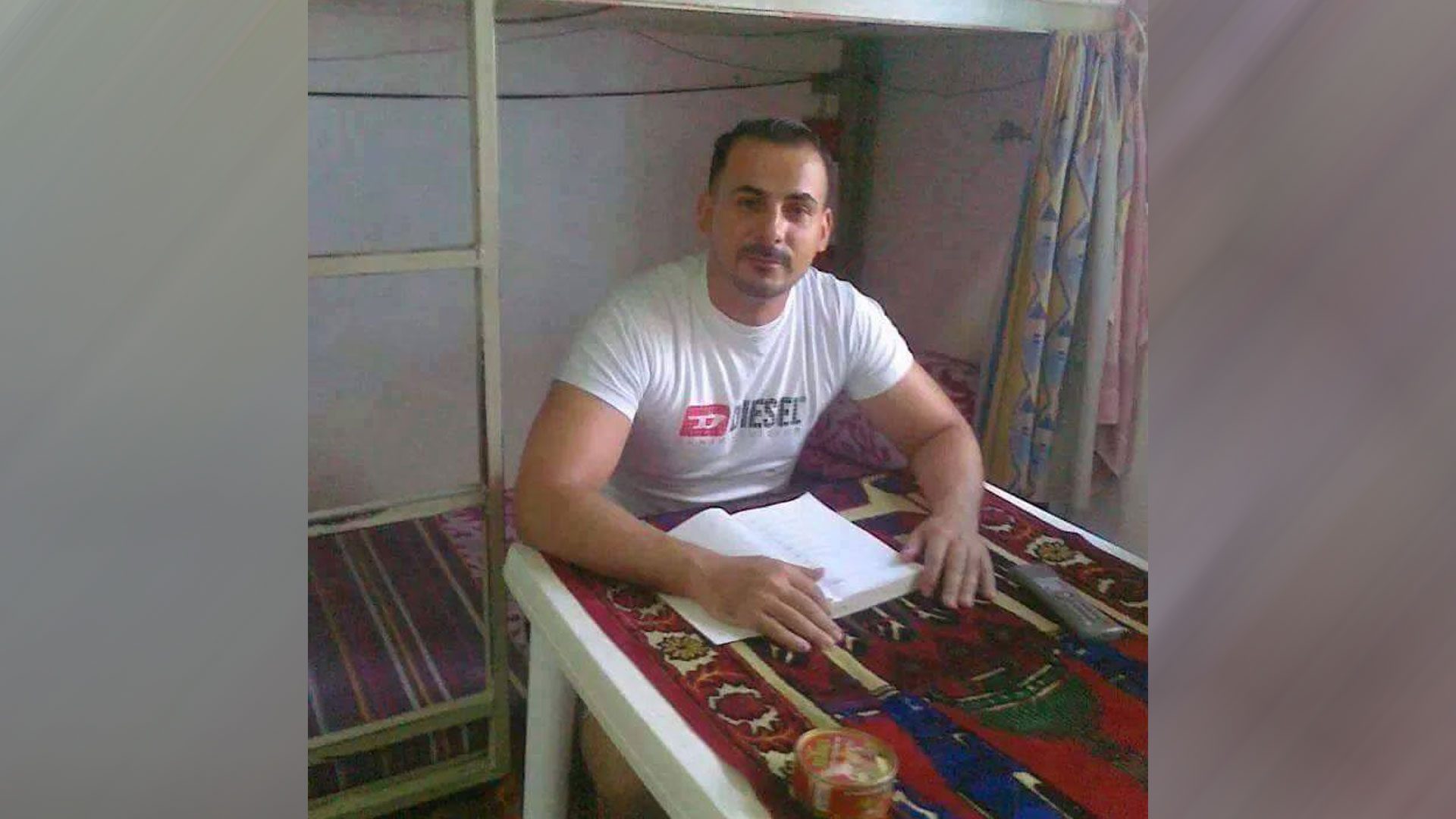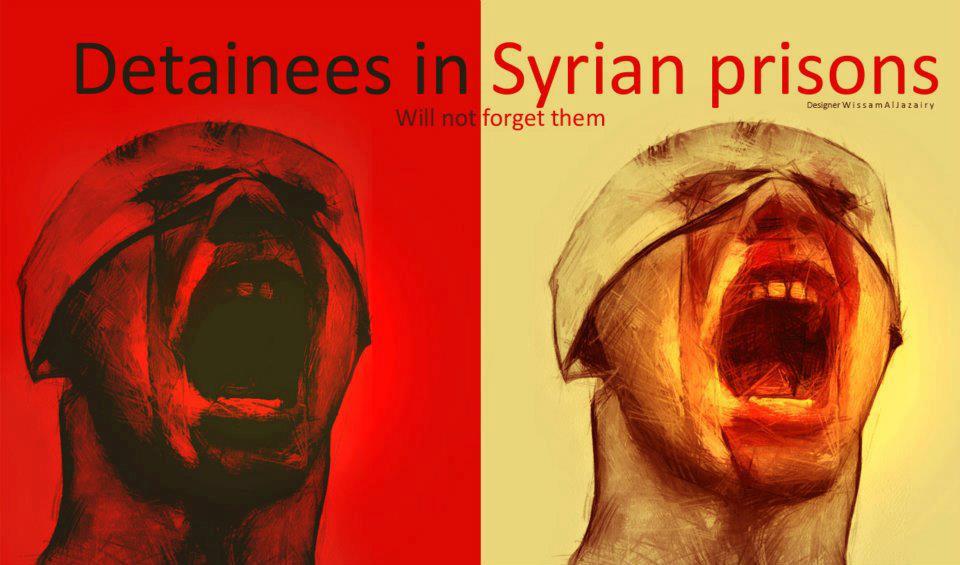
Palestinian prisoner Bilal Kayed voiced his firm rebuff of an Israeli offer to release him on condition that he be banned from entering the country for four years, Israeli newspapers reported Monday.
Haaretz quoted attorney Mahmoud Hassan, from Ad-Dameer rights group, as stating that Israeli security officials met with hunger-striker Kayed by the end of June and offered to release him in exchange for suspending his hunger-strike and leaving the country.
The health of the Palestinian prisoner Bilal Kayed continued to deteriorate on Saturday, as he entered the 27th day of a hunger strike he began in protest of being placed in administrative detention by Israel on the day he was scheduled to be released from serving more than 14 years in prison.
The 35-year-old Kayed, from northern Nablus, was kidnapped by the Israeli occupation forces in 2002 on charges of membership of the armed wing of the Popular Front for the Liberation of Palestine and involvement in anti-occupation activism. The Israeli occupation authorities held him in administrative detention, with neither charge nor trial, right after he had ended a 14-year-sentence in Israeli jails.
Earlier, the committee condemned Israel’s policy of administrative detention against Palestinian prisoners, which allows for Israeli authorities to sentence Palestinians in three to six-month long renewable intervals based on undisclosed evidence, calling the actions of Israeli authorities “dangerous and critical,” while demanding action on Kayid’s case.
The committee referred to Israel’s use of administrative detention as a “joke,” and urged the international community to uphold its responsibilities and intervene to secure the release of Kayid.
Rights groups have claimed that Israel’s administrative detention policy has been used as an attempt to disrupt Palestinian political processes, notably targeting Palestinian politicians, activists, and journalists.
Although Israeli authorities claim the withholding of evidence during administrative detention is essential for state security concerns, rights groups have instead claimed the policy allows Israeli authorities to hold Palestinians for an indefinite period of time without showing any evidence that could justify their detentions.
Israel considers the majority of Palestinian political parties to be “terrorist organizations.” As a result, most Palestinians who participate in the political arena in the occupied Palestinian territory risk being imprisoned by Israeli authorities.
According to the prisoner’s rights group Addameer, there are currently 7,000 Palestinians held in Israeli prisons, 715 of whom are held under Israel’s policy of administrative detention.



